Welcome to Lavender Ink/Diálogos

This post is pinned to the top of the blog and updated periodically. Notices of recent releases and other announcements follow this post, newest first. To shop for recent releases, click here to view the catalog with most recent at the top, or use the search bar above. Scheduled for publication (not necessarily in order): […]
Meet Eucalyptus
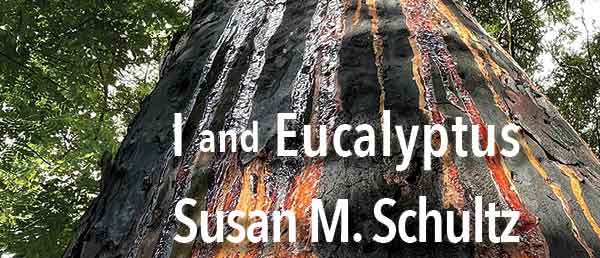
Lavender Ink is proud to be releasing, this month, I and Eucalyptus, prose poems and photographs by Susan M. Schultz. These 20 pieces, based on walks to a particular eucalyptus tree, encompass a wide range of philosophical meditations, engaging often with Martin Buber’s I and Thou, and are accompanied by striking full-color photos of this […]
Launching the salami…
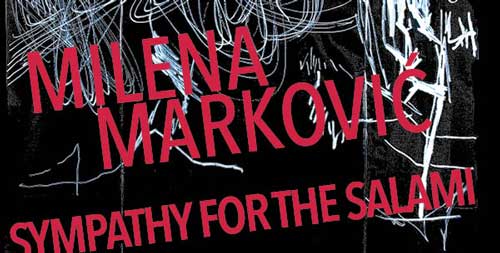
Diálogos continues its exploration of contemporary Serbian poetry with the launch, this coming August, of sympathy for the salami, a selection of Belgrade’s punk-inspired, brutally honest and beautifully lyrical, Milena Marković, translated by Steven Teref & Maja Teref. Susanna Lang says of the collection, “Whether she is describing wild parties or delirium tremens, a love […]
Bird Shadows: Book of the Month at Reading Greece
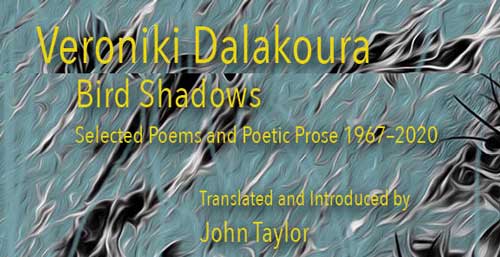
Diálogos has just released a comprehensive selection of work by revered Greek poet Veroniki Dalakoura, selected, introduced and translated by John Taylor. Bird Shadows Selected Poetry and Poetic Prose 1967-2020 includes selections from all Dalakoura’s eight books, beginning with a selection of her precocious first poems, which she began to write when she was fifteen […]
Flores Raras
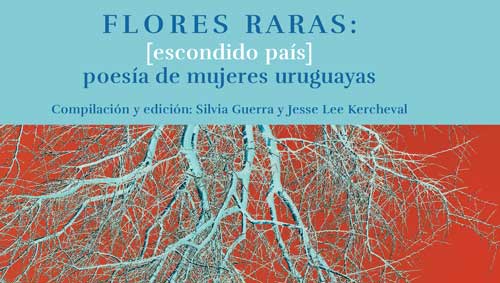
With Flores Raras: escondido país Diálogos presents its first title in Spanish language only. This important collection of Uruguayan women poets born before 1940 has been a runaway best-seller in Uruguay. We are now releasing the book in the US to expand the audience for this important collection. Beginning with Petrona Rosende (1797-1863) and culminating […]
Belle Adelman-Cannon remembrance and book release for Every Time They Call Me She, June 4

A shot of the audience at Blue Cypress Books June 4, 2024, for the release of Every Time They Call Me She. Over the course of their seventeen years, Belle Brock Adelman-Cannon excelled at a variety of pursuits, including languages (French, Hebrew, German), dance, fashion design, gardening, and writing. They attended International School of Louisiana, […]
One from Nicolas
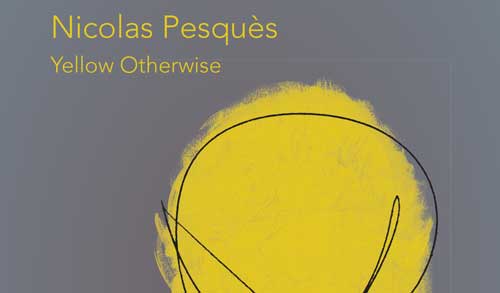
Yellow Otherwise, by Nicolas Pesquès, translated by Lee Posna, presents the 17th book of Nicolas Pesquès’ monumental La face nord de Juliau, bringing this important French poet a step closer to the recognition he deserves and has already achieved in France. His long series of poetic meditations on Mount Juliau in the Ardèche region of […]
SPD

Lavender Ink and Diálogos were indeed affected by the sudden demise of Small Press Distribution, but perhaps less than some presses who depended on them solely. Lavender Ink and Diálogos books are available via variety of distribution methods, including direct sales from this website, and also via Asterism, who is now distributing our books to […]
One from Jeff
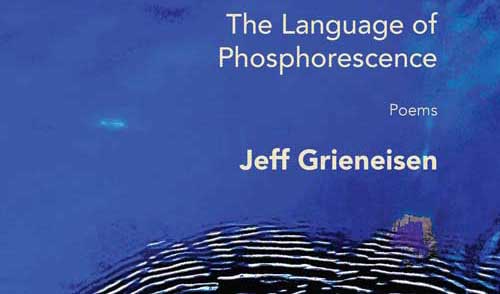
Poem from a Jumper Most people don’t live long enough to inhale water. There is no drowning at the foot of the Golden Gate Bridge, but there are fractured ribs almost every time, almost every rib, as if Adam himself could be shattered. Shards of bone travel like tiny scalpels, haphazardly pierce the spleen, the […]
One from Grzegorz
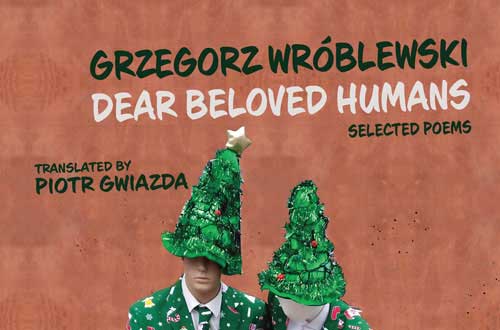
Melancholia the weather is uninspiringsexless and very graythe neighbors want a proofso I show them my bleeding finger(they recoil away from the keyhole)meanwhile some cathas caught an obese flythe kind that likes shitstrangled it and let it go indignantlyI don’t know this cator who he isalso there’s this constant scrapingso much scraping the whole […]
A Pushcart for Adrade/Levitin
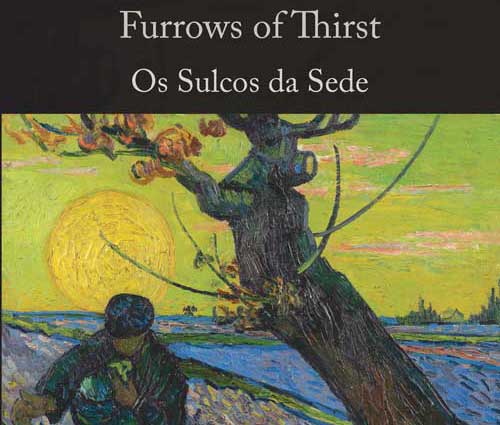
“Winter Flame,” a poem from Eugénio de Andrade‘s Furrows of Thirst has been selected for this year’s Pushcart Prize and included in the just-released Pushcart Prize XLVIII. To commemorate, we’re offering Furrows at half price until January 31, 2024. Just use coupon code “pushcart” when ordering. Adeena Karasick’s Ouvert Oeuvre: Openings, with its stunning visualization […]
Two New Reviews of Ulacia
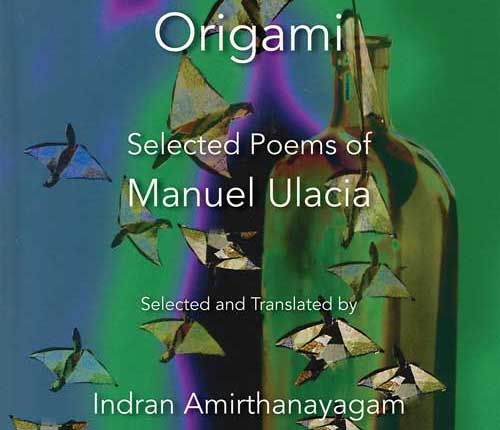
Check out these two recent reviews of Manuel Ulacia Selected Poems, Translated and Selected by Indran Amirthanayagam: Jonathan Harrington review at World Literature Today. Walter Holland review at Lambda Literary Review.
Four New Volumes of Poetry in Translation Launching in time for ALTA
We’ve had a busy Spring, here, with lots of new titles in the works, including these four now available for pre-order, launching this Fall just in time for the ALTA conference. My Soul Has No Corners, by Souad Labbize, translated from the French by Susanna Lang, with cover art by Annie Kurkdjian. Souad Labbize is […]
2 New Releases by Adeena Karasick to Launch at the New Orleans Poetry Festival
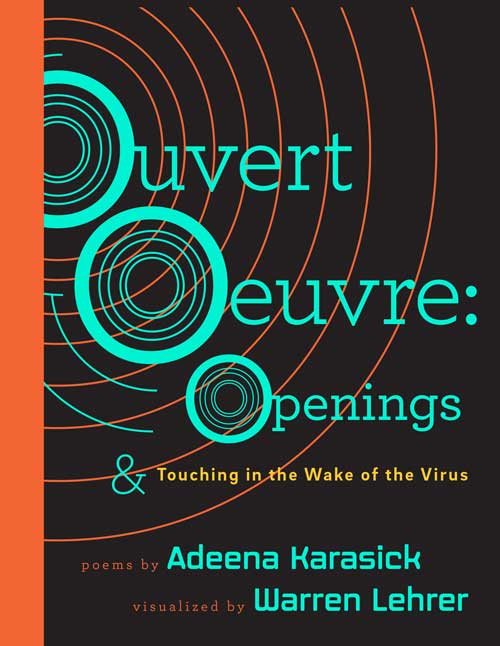
This April we will be launching two poetically, visually and politically arresting titles by Adeena Karasick at the New Orleans Poetry Festival, which is taking place April 13-16. Adeena performs at 4 PM that Saturday, April 15, at Café Istanbul in the New Orleans Healing Center, along with her collaborator, designer/author Warren Lehrer.The release event, […]
Manuel Ulacia: New Selection and Translation by Indran Amirthanayagam
Manuel Ulacia (1953–2001) was born into a family of Spanish poets of the famous “Generation of ‘27” who fled to Mexico from the Spanish Civil War. Manuel studied Hispanic literature at Yale, specializing in Luis Cernuda, then returned to Mexico where he became a protégé of Octavio Paz and later president of PEN’s Mexico chapter. […]

You must be logged in to post a comment.